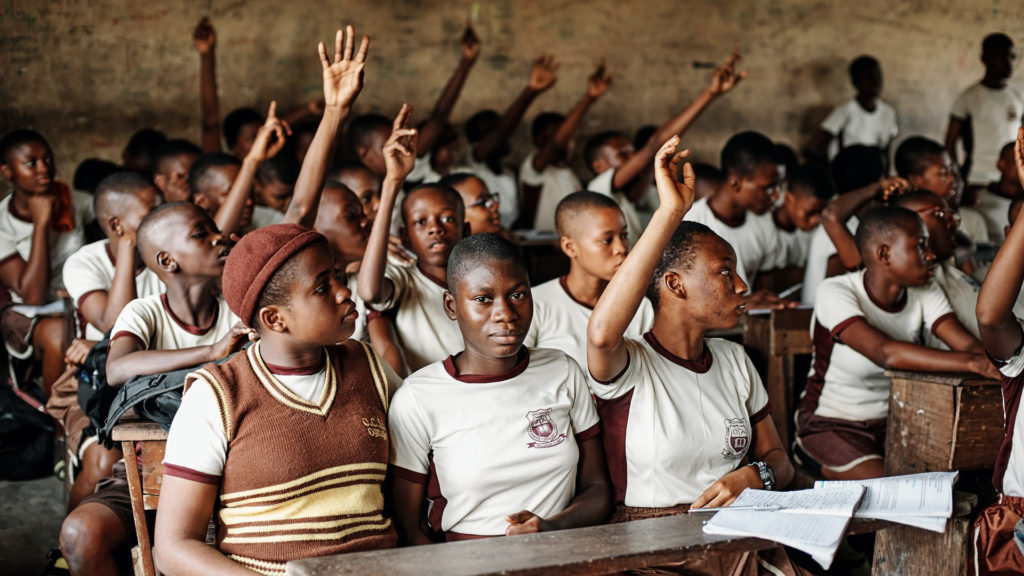Education is a powerful tool that has the potential to transform lives and communities. In many parts of Africa, women and girls face numerous challenges and barriers that prevent them from accessing quality education. However, there is a growing movement to empower vulnerable women and girl children by providing them with educational opportunities. This article explores the importance of education in empowering women and girls in African communities and highlights the transformative impact it can have on their lives.

The Power of Education:
Education serves as a catalyst for change, offering individuals the knowledge, skills, and confidence to shape their own destinies. For women and girls, education is particularly crucial as it can break the cycle of poverty and discrimination, leading to improved health, economic independence, and enhanced decision-making abilities.
Overcoming Barriers:
In many African communities, women and girls face significant barriers that hinder their access to education. These barriers include cultural norms, early marriage, gender-based violence, poverty, and lack of infrastructure. However, numerous organizations and NGOs are working tirelessly to address these challenges and create pathways for education.
Enrollment and Retention:
Efforts to empower women and girls through education in Africa focus not only on enrollment but also on retention. Encouraging girls to enroll in schools is just the first step. Equally important is creating an inclusive and supportive learning environment that keeps them engaged, enables them to thrive, and ensures their continued education.
Promoting Gender Equality in Education:
Gender equality is a fundamental principle that underpins educational empowerment. It involves addressing the root causes of gender-based discrimination, challenging harmful cultural practices, and advocating for policy reforms. Encouraging girls to pursue subjects traditionally dominated by males, promoting female leadership in schools, and providing scholarships specifically for girls are some effective strategies.
Investing in Infrastructure and Resources:
Improving educational infrastructure is crucial to empower women and girls in African communities. This includes building schools in remote areas, providing clean and safe learning environments, and ensuring access to basic facilities such as clean water and sanitation. Additionally, investing in educational resources such as textbooks, technology, and teaching materials is essential for quality education.
Empowering Female Teachers and Mentors:
Having female teachers and mentors in educational institutions plays a significant role in empowering women and girls. Female educators serve as role models and provide mentorship, guidance, and support. They inspire young girls to pursue their dreams, challenge stereotypes, and believe in their abilities.
In conclusion, Education has the power to transform the lives of vulnerable women and girls in African communities. By breaking barriers, promoting gender equality, investing in infrastructure, and providing mentorship, we can empower women and girls to reach their full potential. It is imperative that governments, NGOs, and communities work together to ensure that every woman and girl has access to quality education. Only then can we create a more equitable, just, and prosperous future for all.